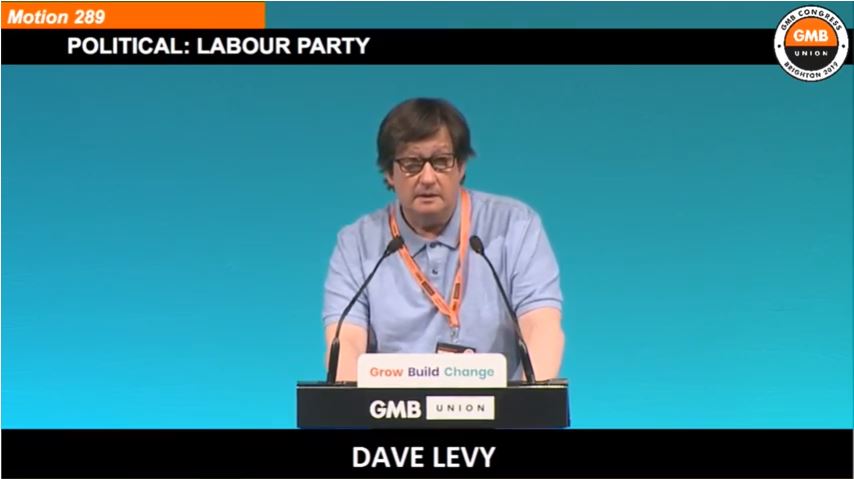There now follows a series of blog articles based on my notes and activities at GMB Congress 22, they are tagged as such. I was a delegate from my Branch, and thus part of the London Region delegation. The first motion we had to move was M66 on the Union training programme.
Our key demand is that they unbundle the H&S reps from the workplace organiser training. The current training is 30 days on block release and without facility time an onourous commitment and while it can be spread over several years this relies on someone staying at the same place for long enough.
Our key insight is that we can get the Union in the door via H&S, it only takes two people, it takes 50% of the work force to win a recognition dispute.
We asked for a CEC i.e. national review of the training programme, but even this the CEC asked for refer and will probably dump this on the Regions which isn’t really what we wanted. I asked the Regional delegation to ask fora better recommendation, but they didn't want to.
My speech and the mmotion's text are overleaf ...






